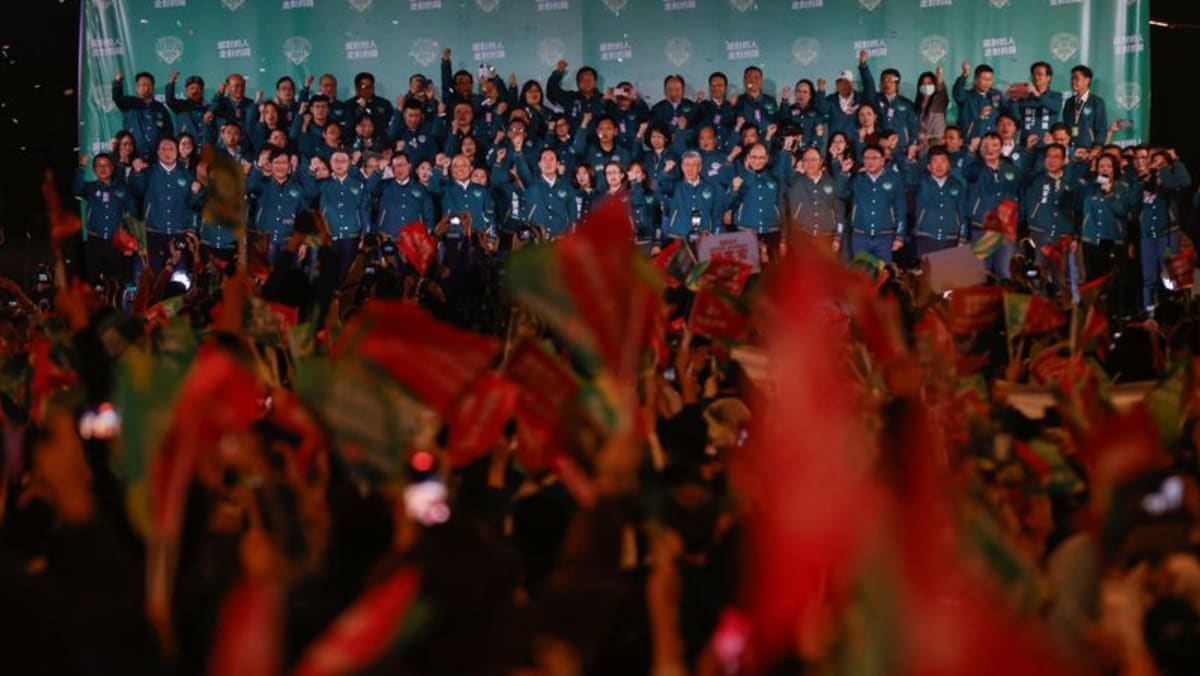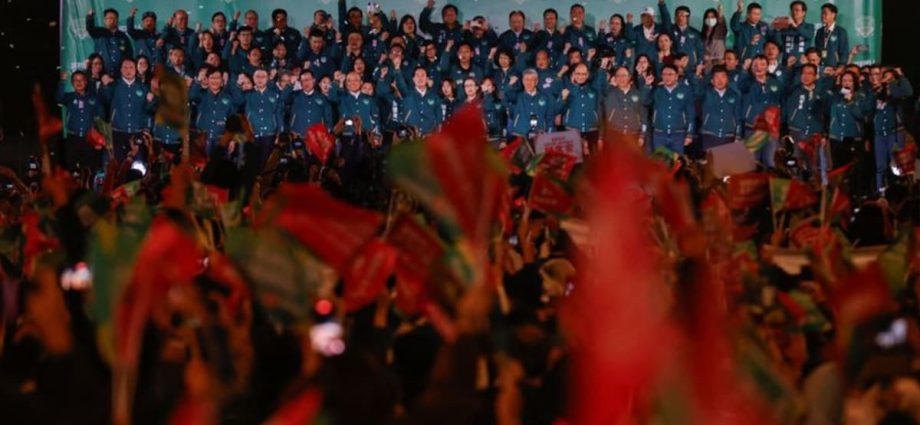
“That protest (in Hong Kong) had a profound impact on young people in Taiwan, and made us want Taiwan to be recognised separately and independently in the world,” university clerk Hana told AFP.
Her friend Mike, a construction worker, said the current set-up, in which Taiwan is independent in practice – with its own government, flag, military and economy – was working.
“I just want to maintain the status quo, meaning not getting any worse,” he said, dismissing the idea of China seizing the island as empty threats.
“China has been chanting those strong words for 70 years but they have not invaded us.”
Lai and the DPP have toned down past rhetoric pushing for full independence, arguing that since Taiwan is essentially sovereign, there is no need for a formal declaration that would enrage Beijing.
A 40-year-old factory worker surnamed Wang, enjoying the warm Taipei sunshine with her two chinchillas, said she was happy with the arrangement.
“Taiwan is a de facto independent country so it doesn’t really matter whether the world will recognise that,” Wang said.
“I think the election results show that Taiwanese people want to maintain the status quo and preserve our own way of life.”
Saturday’s election saw a shift in the island’s political dynamics as the upstart populist Taiwan People’s Party (TPP) won more than 25 per cent of the vote, disrupting the traditional DPP-KMT duopoly.
TPP and its charismatic presidential candidate Ko Wen-je promised a “reasonable and pragmatic” option for voters weary of the two main parties.
While Ko finished in third place, for some younger Taiwanese his party represents a refreshing alternative to the two establishment outfits.

